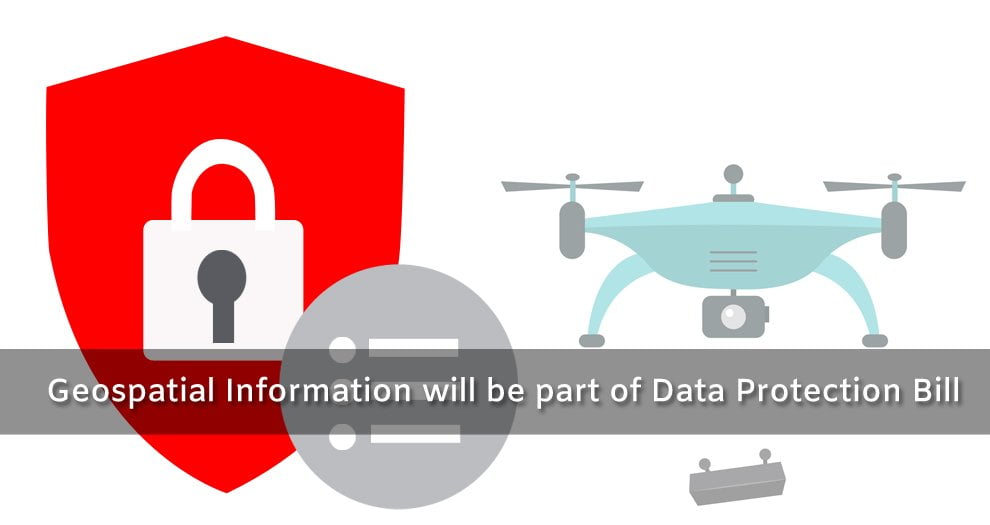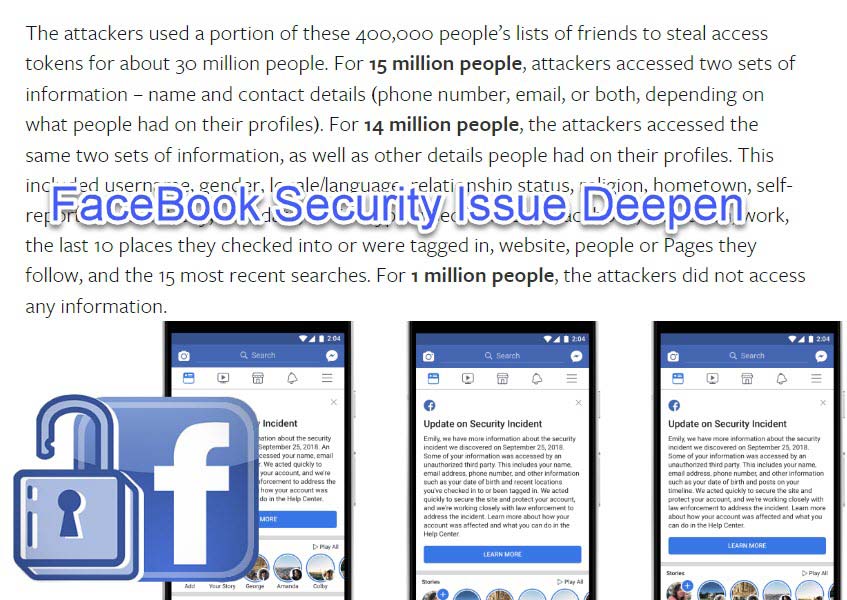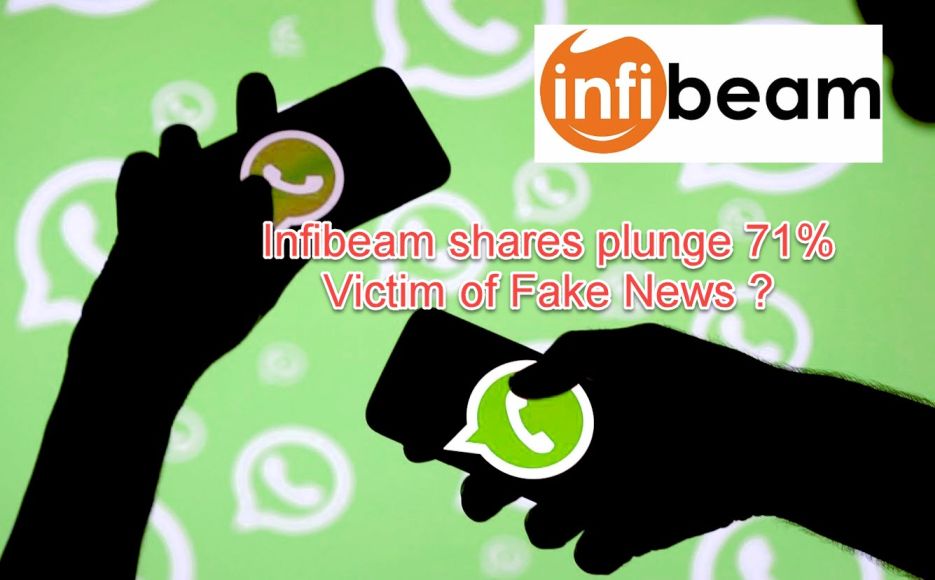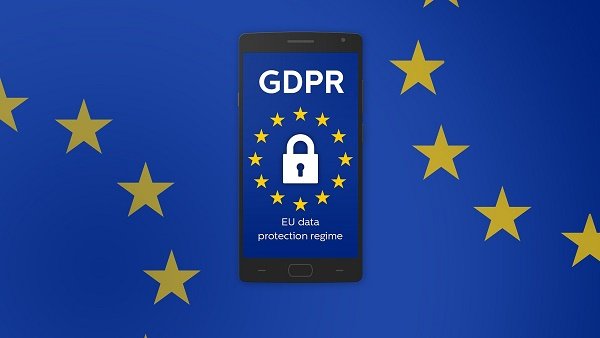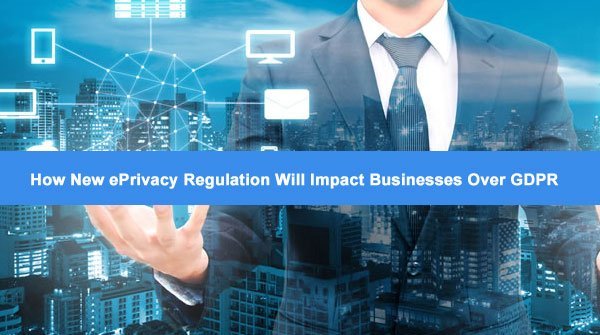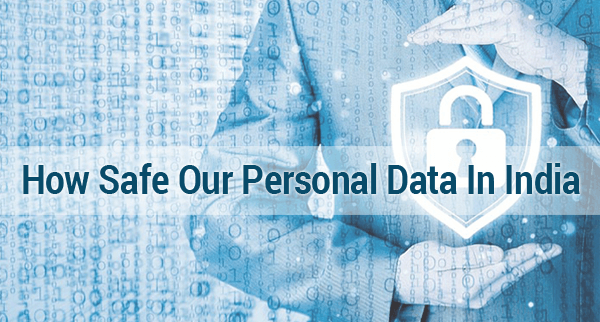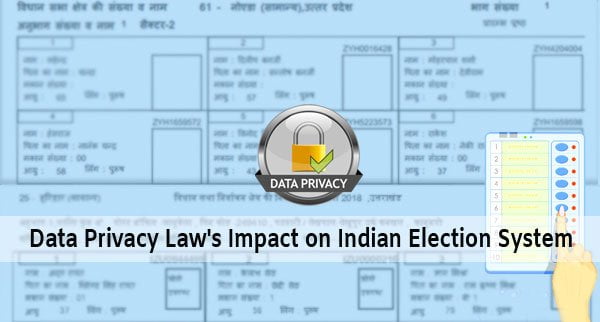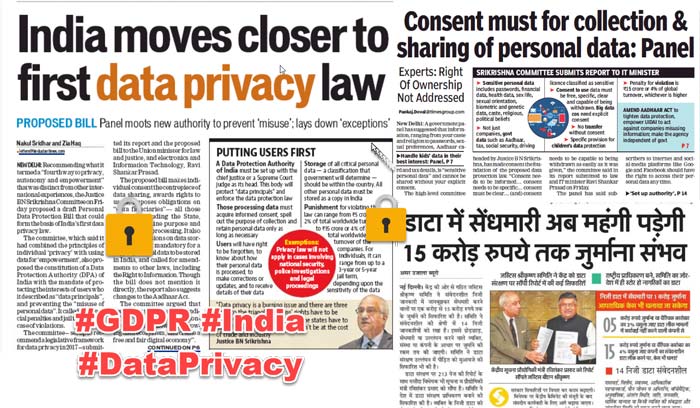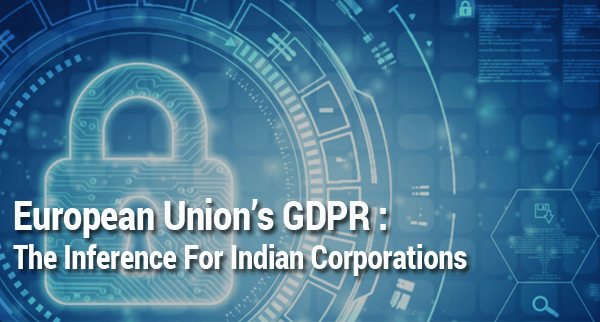Update Your WhatsApp Now
Update Your Mobile Apps Now, As WhatsApp admitted a major cybersecurity breach. Every once in a while a major bug, vulnerability or security scare will spark panic. In most cases, it’s absolutely unnecessary panic.
Israeli hacking outfit NSO Group, a developer of malware typically used by governments, was caught using a hack targeting WhatsApp that allowed the attackers to remotely spy on the victim’s phone. The only indication that a phone might have been hacked is a missed call, often later deleted from the call log.
WhatsApp owner Facebook said it detected the hack and pushed out a fix to the app stores last night. WhatsApp didn’t mention the attack in its release notes, sparking criticism from some security experts for downplaying the risk of the vulnerability.
There was just one small missing piece of information from most reports: You probably weren’t a target.
Unless you’re a nuclear scientist or a government spy — or in this case a human rights lawyer — you’re probably not of any interest.
Exploits like the ones used in WhatsApp require a lot of time and effort to develop. They also have to be effective, undetected and reusable. Every time an exploit is used against a target runs the risk that someone finds out — the very opposite of covert surveillance.
“No software is 100% secure,” said Woodward. “As long as you practice good security hygiene such as keeping your passwords secure and your apps up to date, the vast majority should be quite safe from this attack, even if you are a target.”
Steps to update WhatsApp on Android Devices
Open the Google Play store
Tap the menu at the top left of the screen
Tap My Apps & Games
If WhatsApp has recently been updated, it will appear in the list of apps with a button that says Open
If WhatsApp has not been automatically updated, the button will say Update. Tap Update to install the new version
The latest version of WhatsApp on Android is 2.19.134
Steps to update WhatsApp on iOS Devices
Open the App Store
At the bottom of the screen, tap Updates
If WhatsApp has recently been updated, it will appear in the list of apps with a button that says Open
If WhatsApp has not been automatically updated, the button will say Update. Tap Update to install the new version
The latest version of WhatsApp on iOS is 2.19.51
#WhatsAppUpdate




